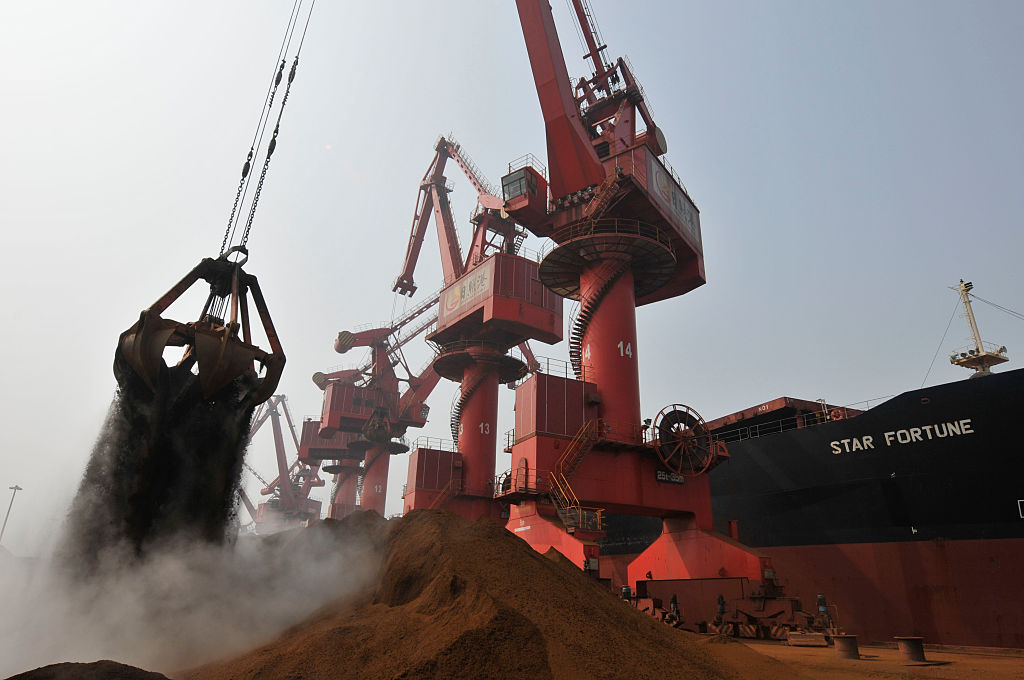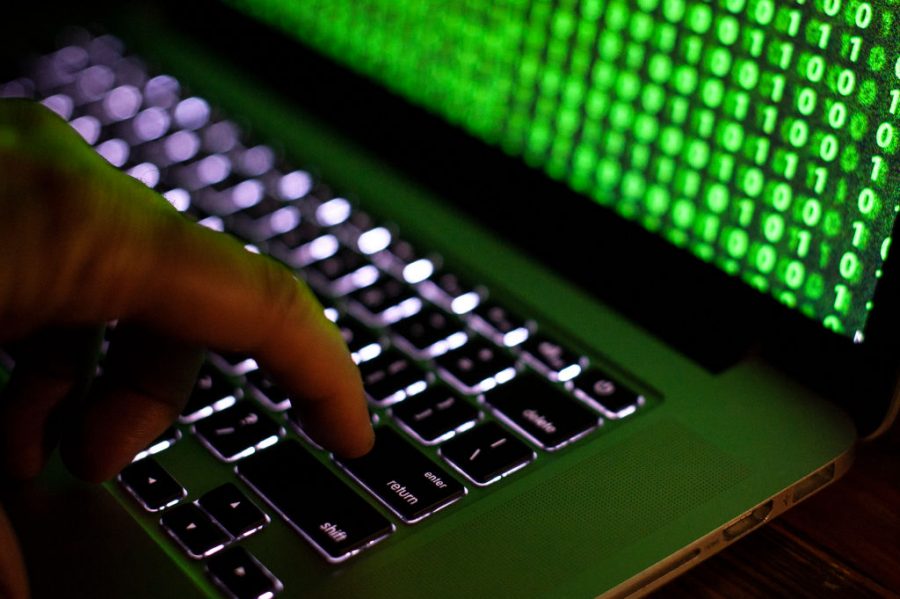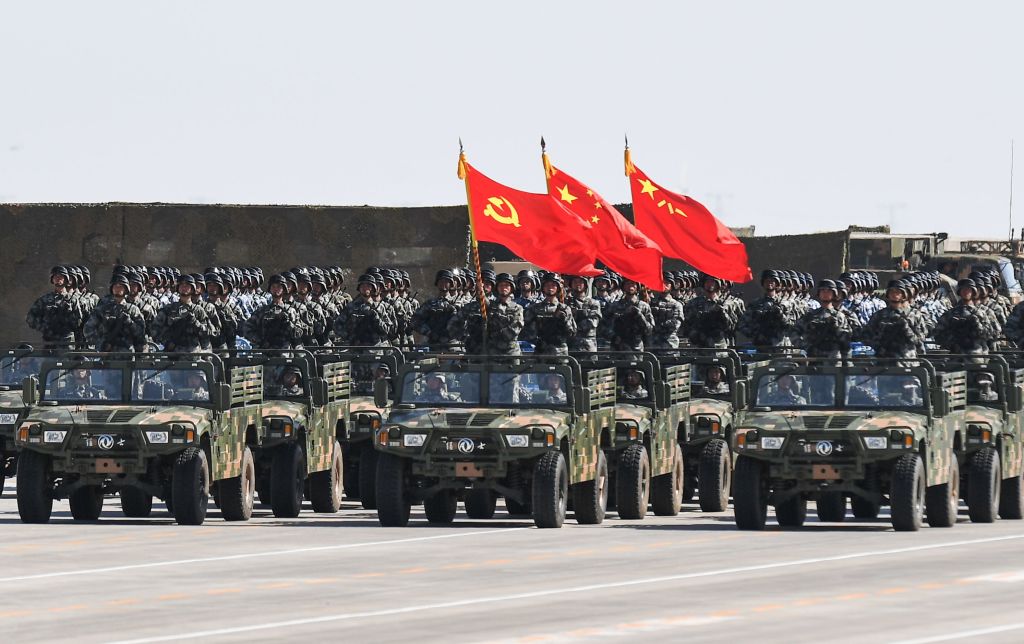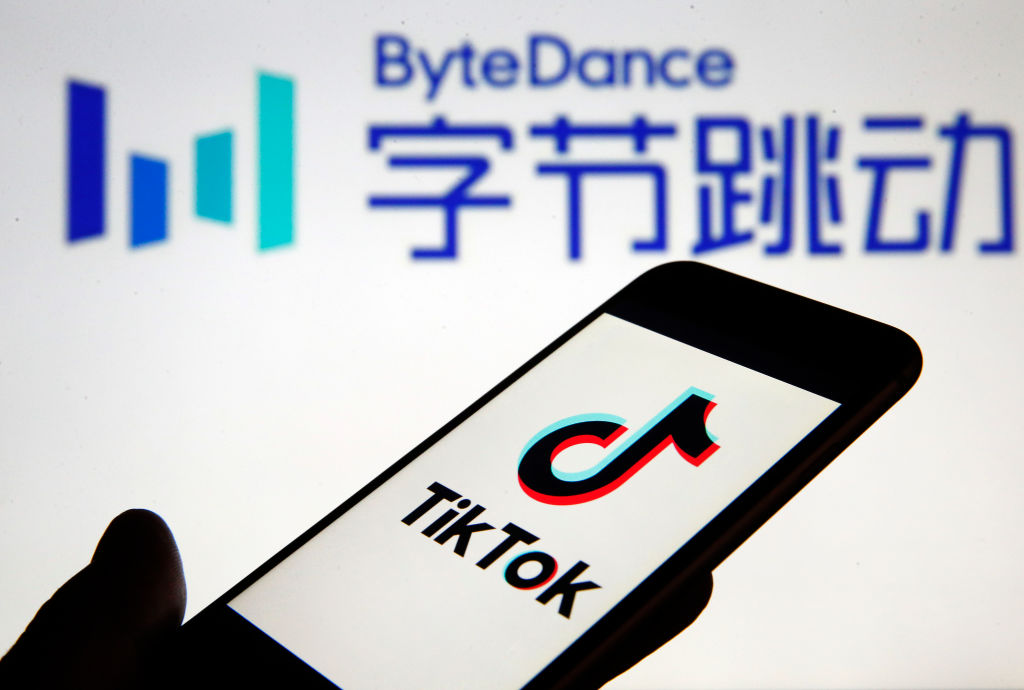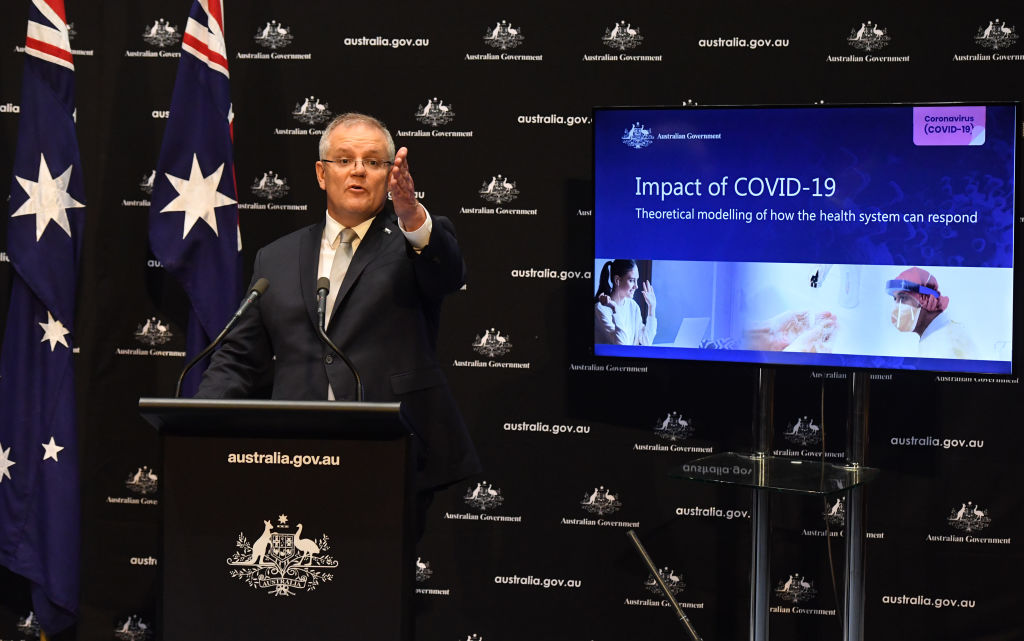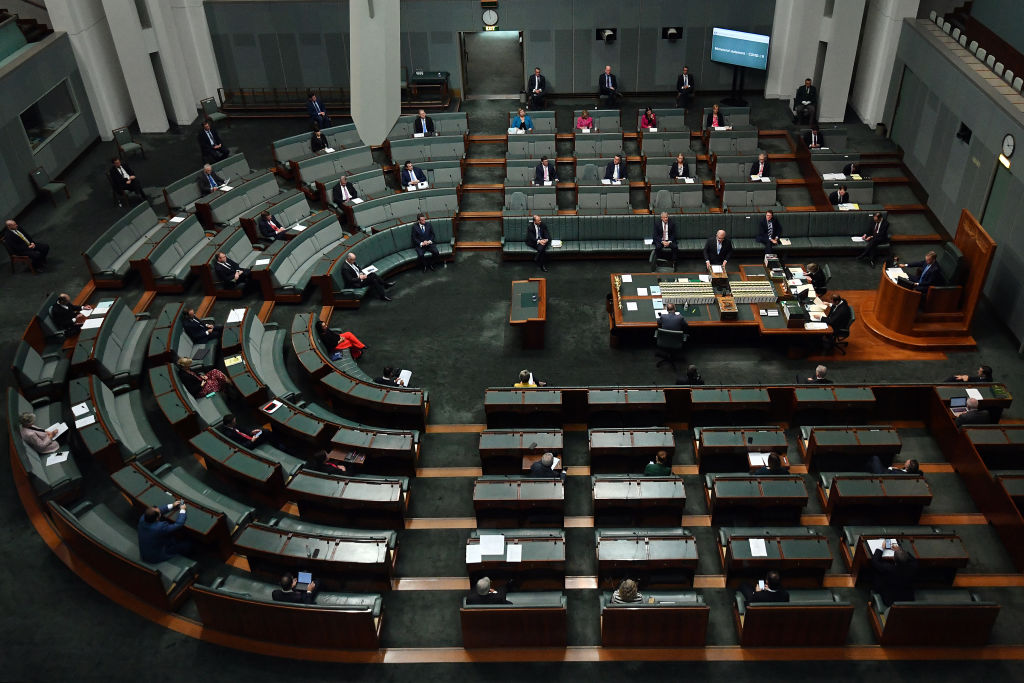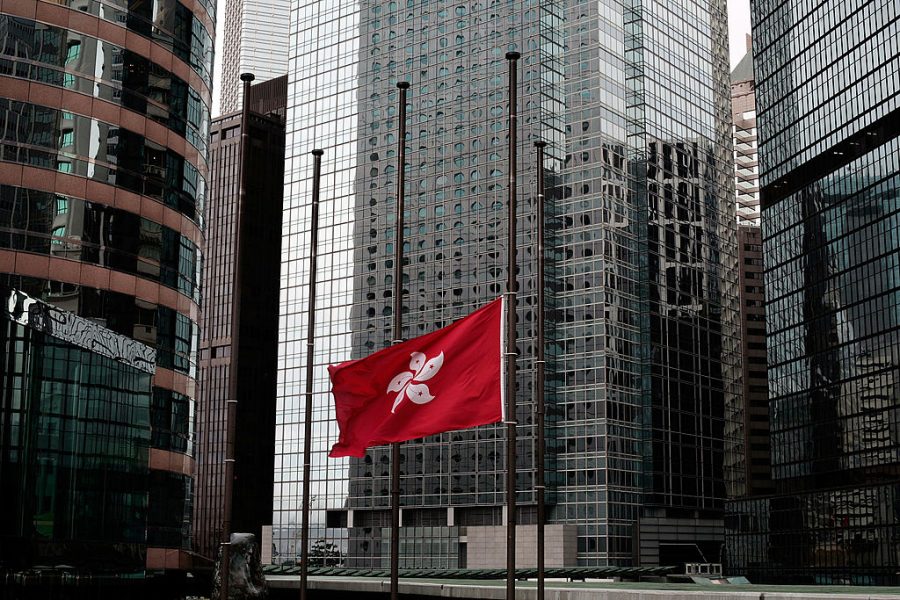China military watch
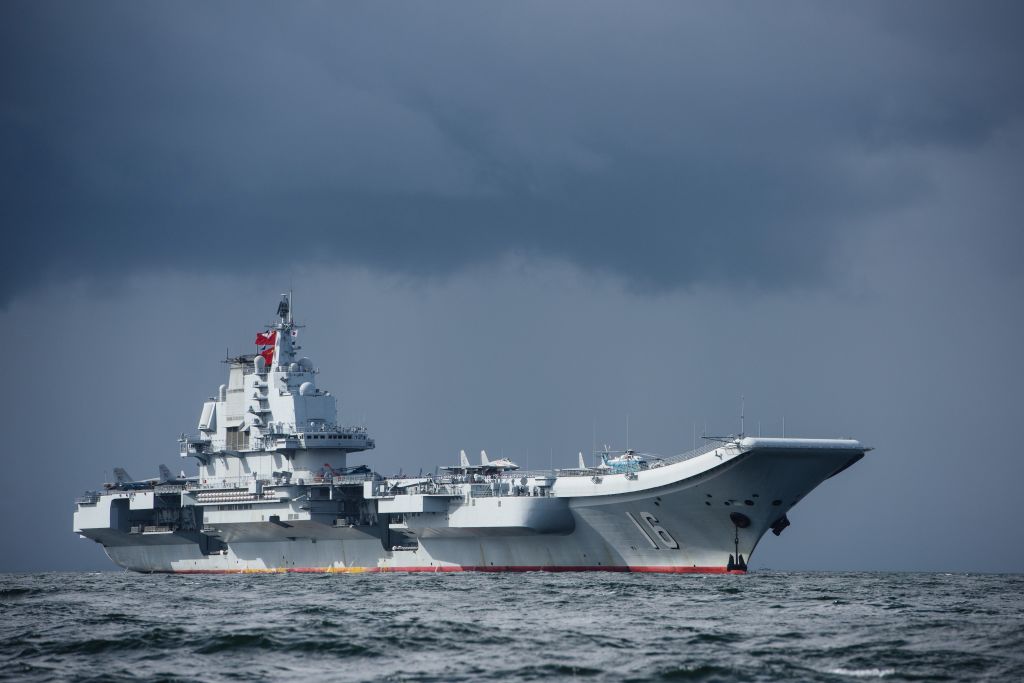
Welcome to the second instalment of ‘China military watch’, a new monthly feature discussing recent trends in Chinese military affairs. This week, Charlie Lyons Jones and Malcolm Davis look at the People’s Liberation Army’s perception of Australia’s defence strategic update and the growth of China’s carrier fleet in the Indo-Pacific.
PLA views on Australia’s defence strategic update
If the Chinese foreign ministry’s ‘wolf warrior’ diplomats were to offer any guide to official policy, one could easily believe that Beijing was extremely unhappy with the Morrison government’s recent defence strategic update. Referring to Canberra’s new defence plan on 2 July, Beijing’s most ferocious wolf warrior and now foreign ministry spokesman, Zhao Lijian, quipped that Australia should ‘stop purchasing unnecessary military equipment’. Zhao added that ‘[a]ll countries should avoid an arms race’, implying that Australia’s defence upgrade is destabilising.
Beijing’s indignation, however, seems confected. Buried on page 11 of the 20 July edition of the People’s Liberation Army Daily was a curious article penned by Wan Xiaozhi and Yang Qi—academics from the National University of Defence Technology and the Special Police Academy, respectively. The authors were unsurprised by Canberra’s planned defence build-up, noting that Australia’s renewed focus on the Indo-Pacific had been foreshadowed by its increased regional military engagement. ‘In recent years, Australia has been coordinating closely with the United States and [its] military activities in the Indo-Pacific have consistently expanded in scope’, Wan and Yang wrote.
Wan and Yang departed, if ever so subtly, from the official Chinese narrative that portrays Australia as a US lap dog. They noted that Canberra and Washington offer each other mutual benefits, with Australia providing the US with ‘a strategic location and regional influence’ and the US supporting Australia’s national security and military development by providing cutting-edge weapons systems and scientific research collaboration.
‘Particularly in recent years, Australia’s strategic value has continually increased [to the point that] it has now become a country key to the United States implementing its “Indo-Pacific strategy”’, Wan and Yang observed. So, Canberra is more of a vital partner than a lap dog.
Sober analysts who are willing to tell things as they are might still exist within the PLA system. But, as President Xi Jinping continues his crackdown on freedom of speech and extends his purge of the PLA, it’s likely that military commentators such as Wan and Yang will be under increasing pressure to toe the party line.
The climate of fear Xi has created within the PLA has the potential to distort strategic judgements, which would spell trouble for an Indo-Pacific that is likely to emerge from the Covid-19 pandemic with much sharper elbows.
China’s escort carriers
The danger, however, doesn’t just come from poor strategic decision-making. China is getting the first of three Type 075 amphibious assault ships to sea and is already planning a larger vessel imaginatively dubbed the Type 076. Analysis of Chinese procurement documents suggests the Type 076 will be designed to launch not only rotary-wing aircraft, but also fixed-wing combat aircraft and unmanned aerial vehicles using an electromagnetic launch system being developed for the Type 002 aircraft carrier Shandong.
The jet planned for deployment may be an updated version of the Shenyang FC-31/J-31, whose further development the PLAN is now supporting. The drone is likely to be an unmanned combat aerial vehicle like the GJ-11 Sharp Sword, which was seen in a parade in Beijing last year.
Vessels aside, the pace of Chinese shipbuilding could be a game-changer for the balance of aircraft-carrier forces in Asia. China has produced three Type 075s nearly simultaneously, and if the Type 076s are built at a similar rate, they could complement the planned four big-deck carriers by playing the role of ‘escort carrier’, which would rapidly expand the PLA Navy’s aviation capability at sea.
That would not only strengthen the PLA’s ability to conduct joint island attack campaign operations against Taiwan, but also give China much greater power to undertake tasks in the South and East China Seas. And it would shape operations such as humanitarian assistance and disaster relief and civilian evacuations along the 21st Century Maritime Silk Road (the oceanic part of the Belt and Road Initiative).
It would mark a further step towards the PLAN becoming a blue-water navy, especially if these vessels were deployed as part of a naval task force rather than independently.
With South Korea moving to build aircraft carriers equipped with F-35Bs by 2030, and Japan converting its Izumo-class vessels into F-35B carriers, the potential for a rapid expansion in China’s naval airpower could drive further growth of carrier aviation in Asia.
‘Pop-up’ helicopter carriers trialled
In recent exercises involving the PLA’s 71st Group Army, multiple types of helicopters conducted deck-landing training and fuel and ammunition replenishment on a civilian semi-submersible vessel. The exercise shows yet another dimension of China’s naval aviation capability. Reporting on the training scenario, the PLA Daily suggests China might have dozens of vessels that can support ‘lily-pad’ operations during an amphibious mission in the Taiwan Strait or the South China Sea.

